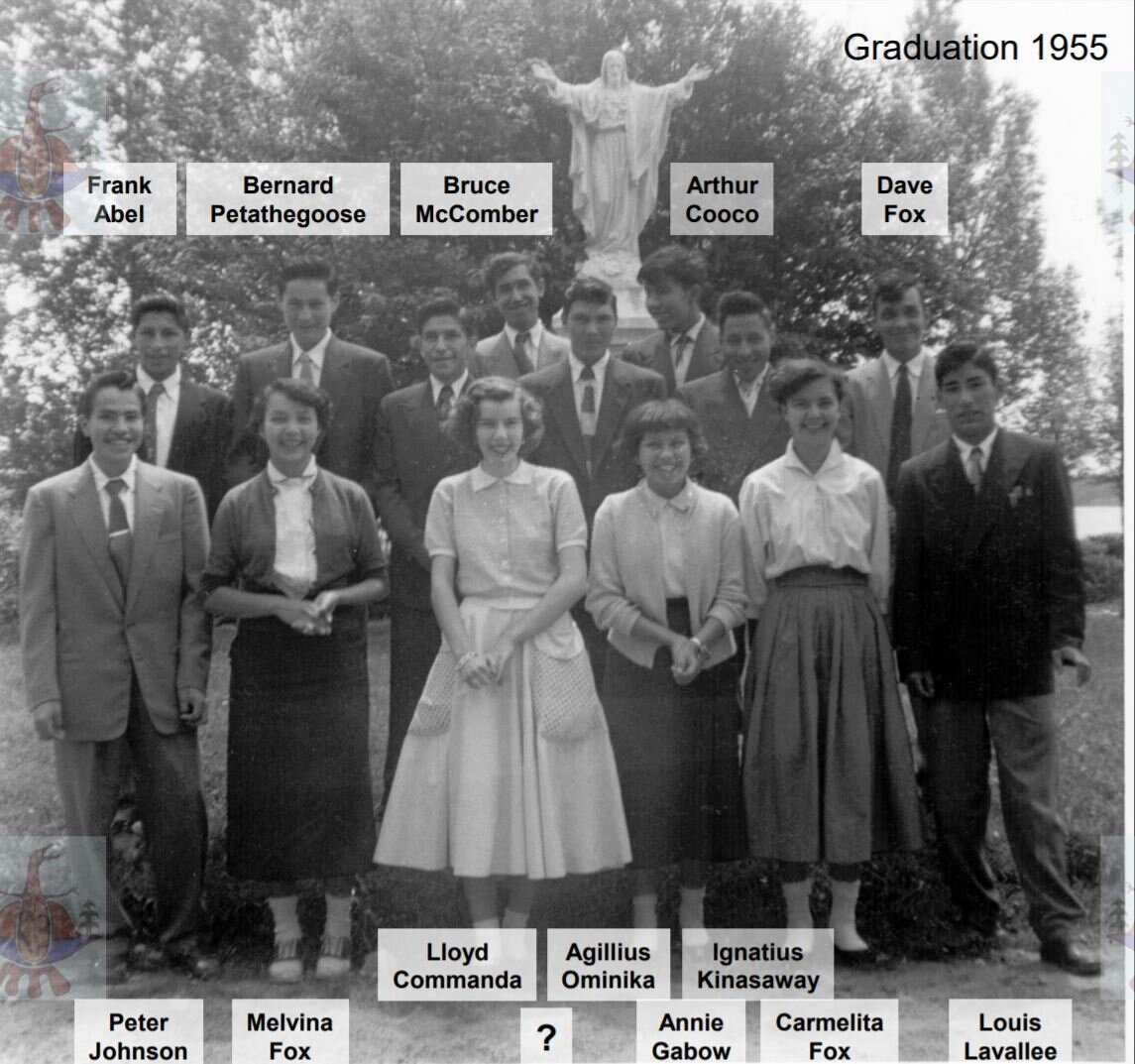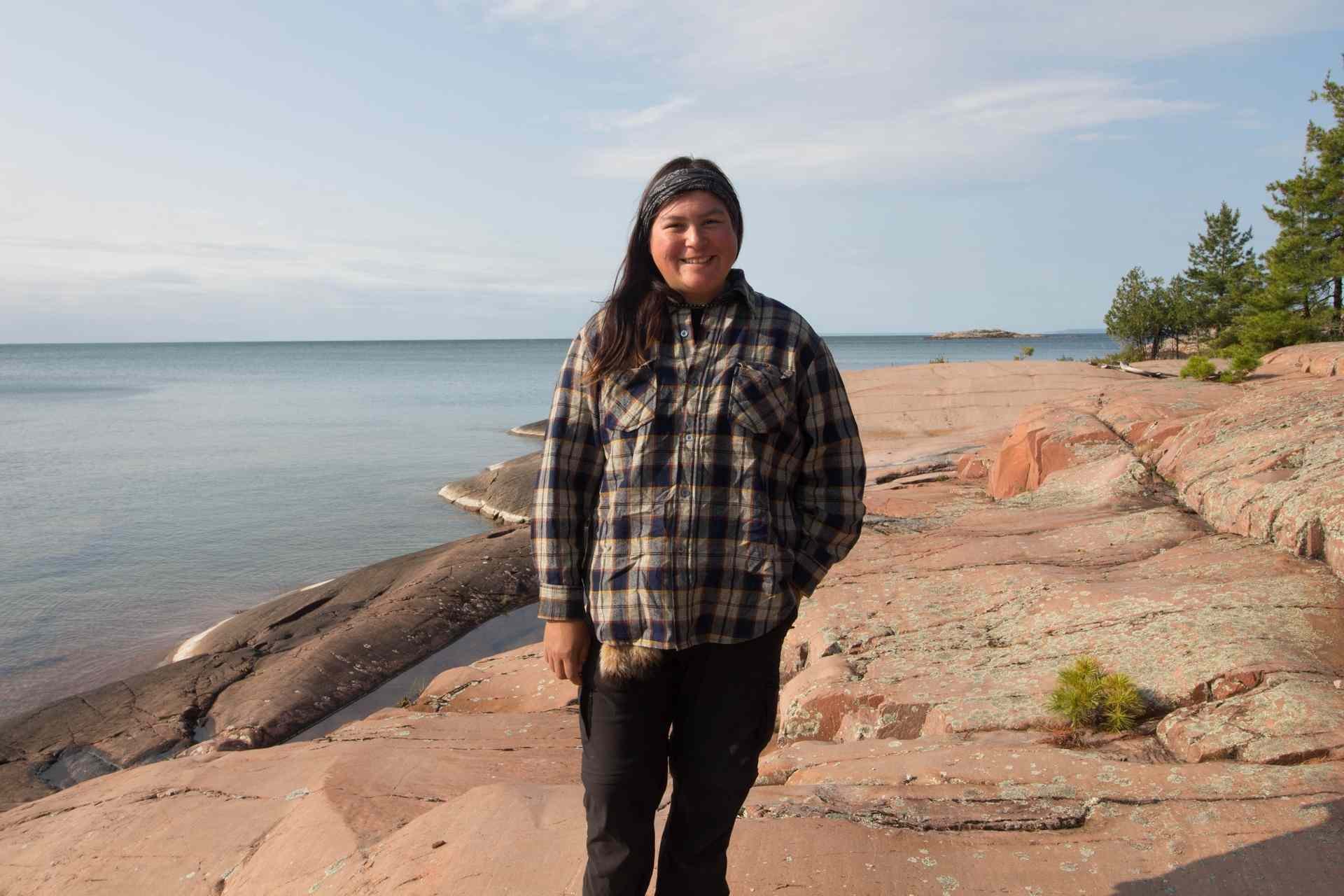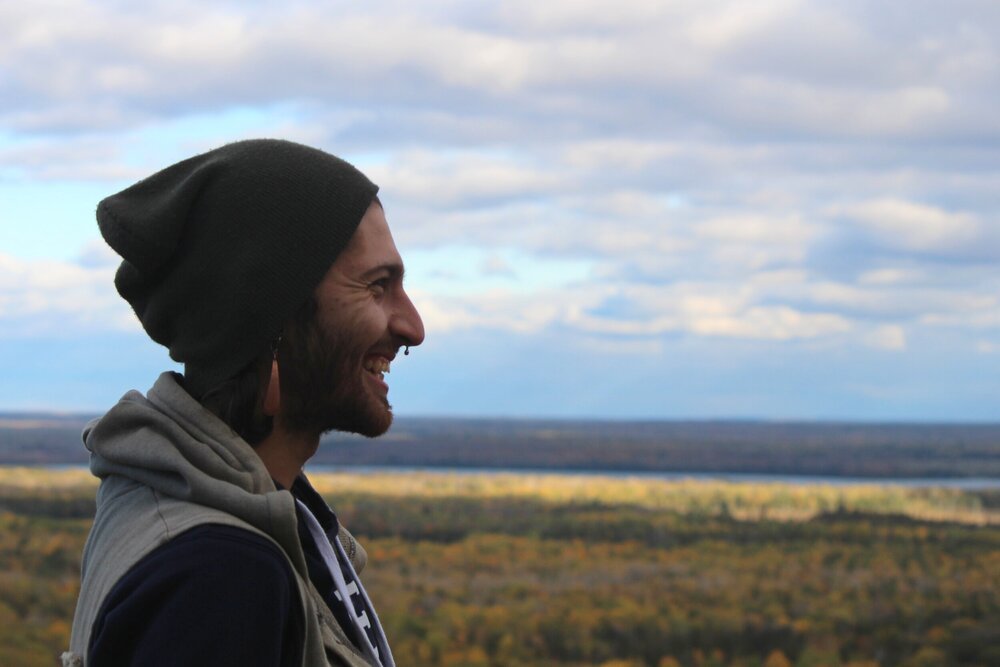
sweetgrass
WINONA OMINIKA
decolonizing my life
Growing up as an Indigenous woman outside of my reserve, I didn't have the opportunity to learn my culture or traditions. I have grown to learn the truths about Canadian history, beyond the one page aboriginal section in high school Canadian history textbooks. Perhaps these textbooks are totally different now, or maybe they’re the same. What I do know now, more importantly, is that the Cultural Genocide is still happening to Indigenous people in Canada
The Indian Act set in 1876 vowed to “take the Indian out of the child,” a response to what was referred to as the “Indian Problem.” The Indian Act passed laws and policies that sought to diminish Indigenous values, culture, and traditions.
Residential schools and Indian day schools were government-sponsored religious schools that were established to assimilate Indigenous children into Euro-Canadian culture. Though these schools were established over the past 100 years, the latest school only closed in 1996. Within communities today, many of the elders and older generations attended residential schools and or Indian day schools when they were young. Residential schools deeply impacted the students who attended them. They instilled emotional, physical, mental, and spiritual harm.
Many families inside and outside reserves lost the opportunity to practice their culture and tradition because of the policing and criminalization for practicing their culture. If you were caught practicing, you would go to jail. Families had to resort to underground ceremonies just to keep their lifestyles alive. It wasn’t until 1951 that many nations could practice ceremonies openly, without any consequences.
The history of Residential schools and Indian day schools have a dark,painful, and not so distant past that still affects people now. This is called Intergenerational Trauma. It has affected my family and myself today.
Intergenerational trauma is the trauma of survivors that is passed on from one generation to the next. It is rooted in the unresolved trauma of people who experienced or witnessed physical, emotional, and sexual abuse in Residential Schools or Indian day schools. The effects of Intergenerational trauma include high rates of addiction, abuse, violence, illness, and death.
I have reflected on my family's history and the significant matters that may have an effect on my life. I know some people don't often think about this topic. However, for me, the thoughts come and go more often.
My great grandparents attended Spanish Residential School in the early 1940’s, a couple kilometres just in between Sault Ste Marie and Espanola along the North Shore Algoma. I never got to ask my great grandparents directly about their stories as they have passed on to the spirit world, I have heard stories that after the fact, my great grandparents attended church regularly. They were given harsh verbal warnings and they were forced to pray every day and were even told to disobey their parents.
My grandmother attended church regularly because her parents went, my mother remembers always being told by her grandfather that she had to go to church. Growing up with my mother, we didn’t attend church as often as she did growing up. In each generation that I know of, each of my family line has looked towards the church. It slowly faded as my mother didn’t attend or acknowledge the church. She raised my siblings and I without any particular type of “religion” or “culture,” not really giving us any sense of direction within our own culture. She did tell us that we were “native,” but that didn't really give us much information. There were so many unknowns my siblings and I wanted to understand.
I don’t think my mother would do anything differently if she could, if she hadn’t decided to move us to Sudbury with her, myself and my two siblings, our lives could have been influentially different.
I asked my mother for her opinion to this blog piece, I didn’t get much of what she thought personally, and all she said is “looks great” (thanks for the constructive feedback Mom.) After though, it wasn’t until later that we have openly talked about my blog piece that got her saying what was on her mind. It hurts her inside knowing we have had our own perspective and different story behind our experience living off reserve. I remember her saying she felt guilty for her own internalized shame towards herself and her culture, and the process in which would affect us, that wasn’t her intentions at all.
That is the thing, right?
We all have our individual thoughts and processes during different situations. From my mom’s perspective, she was taking her kids out of the community to have a better life (and we did). But in reality, a big part of our lives was missing: our culture.
It was hard for me to navigate a world that was so concerned with my cultural background when I myself didn’t feel especially connected to that culture. I once told my mother, I wish I was as ‘woke’ in highschool as I am now. In my past, I wasn’t as vocal as I wish I could’ve been. I faced blunt racism, discrimination, bullies, and “jokingly” being stereotyped. Now, I’m more aware of things like Residential schools, the Indian Act, cultural genocide, the 60’s scoop, decolonizing, MMIWG and the foster system (which is still taking Indigenous youths and putting them into white homes). I didn’t know any of these things in high school.
Growing up in an urban area, it was harder to figure my cultural legacy out. It wasn’t until my younger sister and I looked towards attending ceremonies and reaching out to elders and teachers within our community that we began to reconnect with our lost heritage
Today, I realize the issues within my family are direct consequences of the intergenerational trauma that has been handed down to me unknowingly by my ancestors. Knowing this, I now can take back my culture and bring it forward for the next generation, and possibly for my own family lineage. I have been able to implement a spiritual relationship with myself, my community, my identity, my culture, and who I am as an Anishnabe Kwe-ok in today’s society.
In some ways, I have been trying to decolonize my life by simply reaching out to my elders and teachers within my community. By doing that, I have learned valuable teachings that I can carry throughout my life and share with others. I often smudge and say a daily prayer to the creator to have good thoughts and good energy. I believe we have a connection to all things animate and inanimate, because that is how indigenous people have lived long before colonization. The 7 grandfather teachings and nanabush stories have lessons that can be carried and utilized in our daily lives.
By participating in community workshops, I have taught myself to make moccasins and traditional crafts. I am learning more about traditional medicine that I can plant and use. I wander into nature to reconnect with the land by canoeing or travelling on snowshoes like my ancestors did. I lay tobacco and I ask that they take care of me while I am there. No matter how small the gesture is, I know it is helping me to reconnect with myself. These are simple ways to decolonize my soul and spirit.
There are so many other ways to decolonize your life that many people are doing today. Even if you think it might not be something big, you are making it happen and helping your spirit be full and happy.
Keep going and stay strong.
“Sweetgrass represents positivity, strength, connection to the Creator and all our relations. It represents the Mother, our mother, Mother Earth. It is our connection to the land, to what is around us.”
connecting
In a world of chaos, worry, anxiety, and fear
I look toward nature to ground me
that will
Feed my mind,
Feed my body , and
Feed my spirit.
This is my sweet grass.
sharing our knowledge
Learning about decolonizing, and connecting to my culture has been a big reason why I have been guided towards my path in my Outdoor and Visual Communication education.
What I love most, is being in nature and creating content for my friends and family to share and inspire, more so when I share photos of youth connecting to the land too.
Being outdoors connects me to my whole self, my body, my mind and my spirit.
“I wish for all the youth to find their Culture, Community and Connection within themselves or with others.”
I feel humbled when I am in nature, empowered and privileged to share.
Miigwetch,
Winona Ominika












